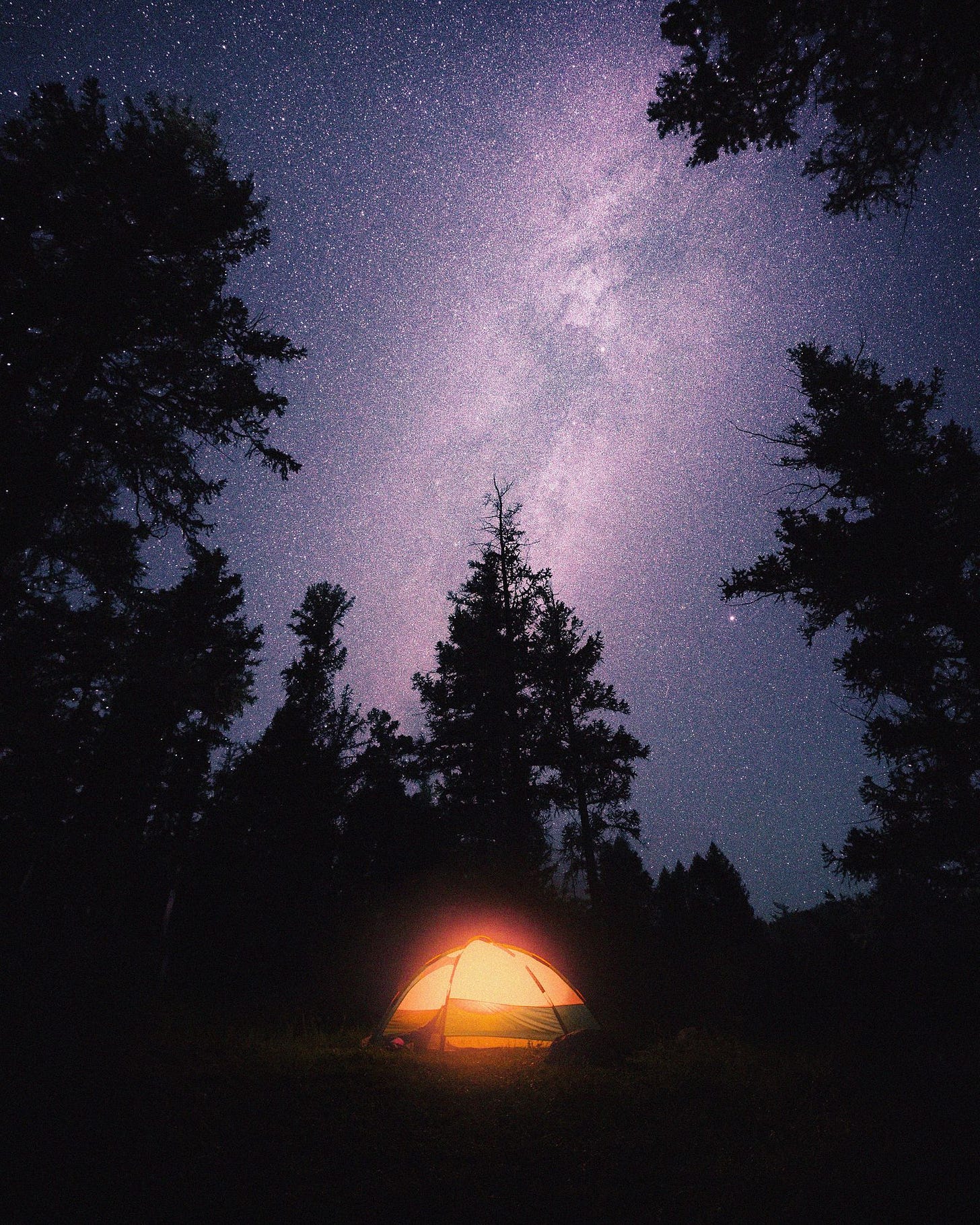Check in
Consider the chameleon. A shape-shifter, it adapts effortlessly to new environments. It becomes part of the background while maintaining its presence.
Say we blend in. From the background, we watch and learn, watch and learn. We discover what’s real and true.
Let’s invite that flexibility into our lives, that ability to change while being the same.
Let’s cultivate the ability to blend in, be unnoticed while noticing everything. All the details, all the time, our little antennae quivering with newfound knowledge.
Try this. Be flexible. Be willing to change. Be like the chameleon.
Long summer days

The summer solstice is Wednesday. Midsummer. The longest day. It’s light before 5:30 and the sun doesn’t set until after 9.
The days seem so impossibly long when we remember that darkness fell at 4:30 in December. And on Wednesday, the long slide begins, from days with nearly 16 hours of light to those with less than nine.
In what’s left of the long days, cherish your evenings. And waken, if you can, close to dawn. Summer’s dawn is magical.

The gloaming
What do you do with these long evenings? Barbecue? Garden? Take long walks in the neighborhood or in a park, on a trail?
I hope you aren’t spending too many of them watching television or playing pool in a dark bar. Watching TV (baseball games excepted). Smoking cigarettes and watching Captain Kangaroo.
Be outside, now that the air is soft. Let the evening breeze caress you. Say hello to the neighbors. Roses and iris and peonies are in radiant bloom, and hydrangeas, Russian sage and rose of Sharon are coming.
And don’t forget the little guys that bloom all summer: pansies, lantana, marigolds, begonias, nasturtiums.
The cotton is high
Spring has pushed us Into summer. Ice cream time, Pool time, Camping, hiking, pogo stick and hula hoop time. Follow the rhythm Coast through the changes. Roll in the long grass, Tickling your nose. Summer scents: Coconut oil, charcoal smoke, Fireworks cordite, salt spray. Outboard-motor gasoline, Dust and sage and cedar. Sand between your toes, Freckles on your nose. Water for your panting dog, Shave ice for you. The band marches down your street, Bicycle riders cluster, Some of them naked (gasp!). Motorcycles rev, While young folks cruise In the champagne air, The sparkling twilight. The snap of the bat on a ball, The cheer of the crowd. Then stadium lights dim, The moon floats up. Finally, the sky is soft and indigo, Replete with memories. You remember now How you scraped that knee.
Starstruck
When I wrote about seeing stars, far away from city lights, in my last posting, I wish I had been able to include this photograph, which turned up a few days later on Unsplash, a site where photographers post images for others to use.
This fabulous photo, with the wheeling trees and the stars and the lighted tent, was taken by Naranbayar Sukhbaatar, who lives in Ulaanbaatar, Mongolia.
Mongolia! So exotic! Ulaanbaatar, previously spelled Ulan Bator, the coldest capital city in the world.
I looked up the weather for the solstice in Ulaanbaatar. Pretty much like here in Oregon, high 87 F, low 55. (Ulaanbaatar is at 47 degrees latitude, whereas Portland is 45, but it’s inland, which means more extremes of cold and heat.)
I thought at first the weather app had found Ulaanbaatar in Minnesota, but that was because MN is the Internet country code for Mongolia.
At the beginning
I still remember the thrill of the early days of the World Wide Web, when you could correspond with people or view images from all parts of the world. I could see pictures from the Louvre! Order signed Dorothy Dunnett novels from a bookseller in Edinburgh! Find the island called Reunion!
Books for free
In those early days, I used a site called BookMooch that allowed you to trade books with people all over the world. Over several years, I gave away 364 books and “mooched” 325.
Today, BookMooch is sad and depleted, milked by rapacious resellers and devastated by Amazon’s decision not to allow a search button, making it nigh impossible to add a book to your inventory.
Covering the world in books
Back when BookMooch was active, I sent a book to Reunion, an island in the Indian Ocean under French control, of which I had never heard.
In those days when international postage rates were still reasonable, I sent books to São Paulo, Brazil; Tabriz, Iran; Dublin, Ireland; Constanta, Romania.
A copy of Lemony Snicket: The Bad Beginning went to a woman in Skopje, Macedonia. Nigel in Seaspray, Australia, got a copy of Regional Cooking of China, and Katri Niinikangas in Turku, Finland, cadged a couple of romance novels.
Other countries: the Philippines, Germany, the Netherlands, Switzerland, France, Portugal, Canada. And just about every state in the union.
Life before Internet
When I was about 13, I wanted to have a ham (short for amateur) radio license. The idea of being able to talk to people all over the world with just a radio and a microphone was so romantic!
The radio spectrum belongs to the U.S. people, and the FCC controls it. If you want to cruise the radio waves, the FCC must issue you call letters, just like radio stations. Part of the process is a test of your knowledge of how radios and radio waves work.
Like the helicopters
As a kid, I didn’t understand the material having to do with capacitors and such, but the man who was helping me filled in some of the answers. I remember his name—Sikorsky, like the helicopters. This was in Sioux Falls.
I didn’t feel good about having somebody cheat on a test for me. I’ve never done that, before or since. I may have gotten call letters; I can’t remember. I found other interests and never acquired the requisite radio, earphones and microphone.
Ham on drone
People still get ham licenses. They open a world of powerful international communication without the Internet. Plus, you need a licenses from the FCC to operate an FPV (first-person view) drone, the kind where you see a video as if you were flying the drone yourself.
Know-it-all factoids
CB (citizen’s band) radio, which became a real fad in the 1980s, operates at 4 watts, far lower than ham radio’s 1,500 watts.
One common ham radio shorthand is “CQ,” a call akin to “anybody out there?” In my youth, I was fascinated by a book, CQ Ghost Ship, by Walter A. Tomkins, originally published in 1960. It’s been at least 60 years, so forgive me if I don’t remember the plot.
Also, CQ is a newspaper term. It means “okay as written,” and it’s used to assure an editor that what looks like a misspelling is in fact correct.
In a letter to The New York Times in 2017, Bill Christine of Redondo Beach, Calif., remembered:
I wrote a story for The Los Angeles Times that referred to Pierre Bellocq, the cartoonist for The Daily Racing Form. The editor, thinking I was cq-ing something, dutifully deleted the “cq.” Hence, Pierre’s last name came out incorrectly as Bello.
. . . I should have cq’d the cq.
Check out:
June resolution: it’s not about me
Hard to believe, but I actually remembered to deactivate the “me” filter from time to time this past week.
No way around it: I am a know-it-all, with all the negative connotations. Not for nothing do copy editors make the best Jeopardy contestants. They know copious smidgens of information, the kind that are useful in trivia tournaments.
I am a magpie for facts, picking up shiny objects with my sharp little beak. Then I pick up the stray fact or opinion and blurt it out.
There’s a show on Netflix, “Extraordinary Attorney Woo,” in which the lawyer, who has autism, will, at odd times, start spilling facts about whales. I do that with things my magpie brain collects. Readers of this newsletter may already know that.
Holding back. It’s not easy.
But this week, I tried to not have the last word. Sometimes I didn’t even have the first word. I sat back and let other people talk. What a concept!
I heard a lot of interesting things, some of them facts that I picked up, magpie-like, and took back to my nest. But mostly, I admired my friends and listened to what they had to say without the burden of thinking how I would bring the conversation back to me. I’m going to try this more often.
I need to do this more often.
Choose not to be offended
Not being offended is difficult, isn’t it? You don’t like the layout of a webpage, for instance. Or you really hate the ads, especially the ones with photos of ugly body parts or teeth, or the suggestions that there’s something wrong with your digestion. How hard it is, at least for me, to flip the criticism switch to “off.”
I saw a woman last week wearing incredibly ugly pants. Why should I be offended by that? It’s her fashion choice. But I let myself despise those pants. Just a bit. I sigh over it now. Sometimes an opinion really doesn’t matter.
There’s always work to be done. That’s what Becoming is about.
For now, I just want to be a chameleon.
—30—






